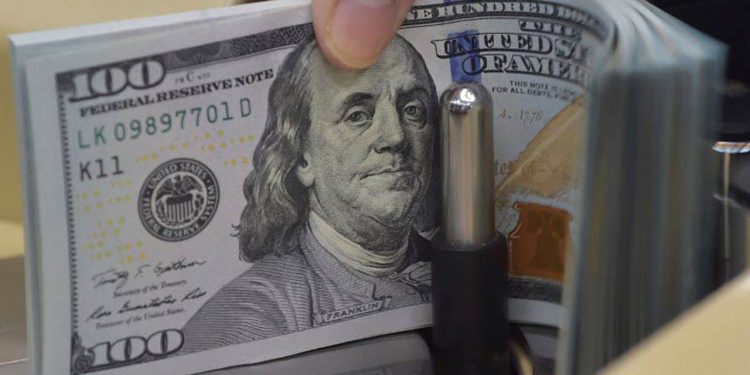The exchange rate between the Nigerian naira and the US dollar fell to a four-month low of N1,611 on the official Investor and Exporter (I&E) window on Monday, July 29, 2024, marking the worst performance since March. This decline reverses the gains made at the end of last week when the Central Bank of Nigeria (CBN) sold foreign exchange to traders.
Exchange Rate Details
According to data from the FMDQ, the naira closed at N1,611.40 per dollar on Monday, down from N1,609 the previous Friday. The day’s trading saw rates ranging from an intra-day high of N1,622 to a low of N1,500, indicating significant volatility in the official market.
Market turnover increased to $179.34 million from Friday’s $168.3 million. For July, total market turnover stands at approximately $3.7 billion, up from $3.3 billion in June. Meanwhile, on the parallel market, where the exchange rate is traded unofficially, rates varied between N1,590 and N1,600, slightly below the official rate.
Depreciation Trends
The naira has depreciated by 7% in July, the steepest monthly drop since February when it fell by 9%. January remains the worst month this year with a 60% decline. Overall, the naira has lost 77.6% of its value against the dollar in 2024, driven by forex policies aimed at stabilizing the exchange rate.
Factors Behind the Decline
Analysts at Nairametrics point to increased demand pressure from importers seeking to replenish inventories, equipment, and raw materials as a primary cause of the naira’s depreciation. Additional demand pressure is also coming from retail and investor segments of the market.
The depreciation trend began in late June when the naira first crossed N1,500 per dollar, continuing to weaken through early July. By mid-July, the rate had fallen to N1,560, continuing its downward trajectory since then.
In response to the falling naira, the CBN sold $148 million to forex traders last week, its third sale to authorized FX dealers this month, aiming to boost liquidity in the market. Earlier, the CBN had sold $106.5 million to 29 FX dealer banks.
Upcoming Government Actions
The federal government has announced plans to issue $500 million in domestic foreign currency-denominated bonds within the next three to four weeks. Finance Minister Wale Edun revealed this during a quarterly press briefing in Abuja, emphasizing the government’s commitment to economic recovery and growth.
Economic Context
As of July 26, 2024, Nigeria’s external reserves stood at approximately $36.5 billion. The ongoing depreciation of the naira reflects broader economic challenges and highlights the pressures facing Nigeria’s foreign exchange market.










